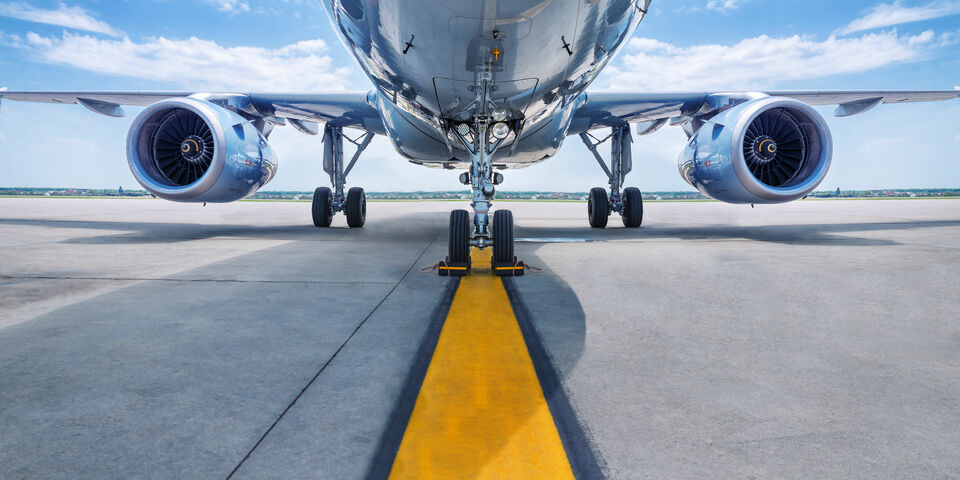Or could you sail to your next conference?
It is a sensitive subject, isn't it? When it comes to travelling to conferences, just how sustainable are you personally? Bearing academic freedom in mind, the TU/e Mobility officer was cautious with her policy proposals. Until she got to know a young researcher who favors action to reduce CO2 emissions. Together they organized the Low Carbon Travel Initiative.
To fly or not to fly, that is the question as far as Tanja Manders is concerned. When, a year ago, this doctoral candidate with the Technology Innovation & Society group read the mail announcing the TIS extended travel budget for foreign trips, she had mixed feelings.
“We study the impact of technology on society and many of us recognize the importance of sustainability and we teach our students about sustainability. Colleague Luc van Summeren has encapsulated my feeling in the cartoon below,” says Manders, who is taking her doctorate in the development of sustainable mobility systems.
While Manders was digging deeper into the issue, initially by surveying all her colleagues on their travel choices, policy officer Simone Vonken at Internal Affairs was occupied with the question of how she could get TU/e employees to switch to travelling more sustainably. A stumbling block for her was the academic freedom that TU/e affords its academics. “And then, on Cursor, I saw a column in which Tanja spoke about the plan to keep track of the trips made by TIS staff, in order to gain better insight into the CO2 footprint,” says Vonken.
Action
Vonken got in touch, and the Low Carbon Travel Initiative was born. It is now a group of ten TU/e-employees, all of whom are both activists and test subjects, “and we are also a sort of working group, because we carry out all the tasks ourselves,” says Manders cheerfully. “One of us will soon be going by train to a conference in Italy and she will describe the problems she runs into, as a test subject. I think we qualify as 'activist' because through discussion we hope to change our colleagues views for the better.”
The Low Carbon Travel Initiative asks all TU/e employees to think twice before they board a plane. “First you have to ask yourself in what way is the conference important to you personally and how necessary it is that you attend in person. And if you do want to go, think about the best way you can travel there. Could you go by train, for example?”
Whose time?
The survey that was Manders' first step was followed up with a discussion afternoon at TIS. As expected, the obstacles to sustainable travel proved to be time and money, and were stated in concrete terms: ‘If my green journey takes longer than a flight, is it going to cost me my own time?’ and ‘Can I submit an expense claim for the CO2 compensation?’. “There are occasions when you don't need to go but, naturally, some people, especially young academics, are worried their network will suffer if they don't,” says Manders.
The Low Carbon Travel Initiative has created a guideline that offers practical help with making choices: the Trias Mobilica. This can be found on their own website, which has three aims: you'll find information there, you can share your experiences and you can sign the manifesto.
Manifesto
“The discussion is now well established within the TIS group and staff are permitted to claim the cost of a more expensive train ticket. But there's no formal policy, as there is at Leiden University or at Wageningen,” says Manders. “Nor does TU/e yet have a policy for sustainable travel, as there is, for example, in central government. Employees of ministries are required to travel by train if their journey is less than five hundred kilometers,” says Vonken. “We think that TU/e employees are pretty keen to travel more sustainably, and we are now creating the opportunity to make that known. By signing the manifesto on the website, you are asking the policymakers to make sustainable travel the preferred option.”



Discussion